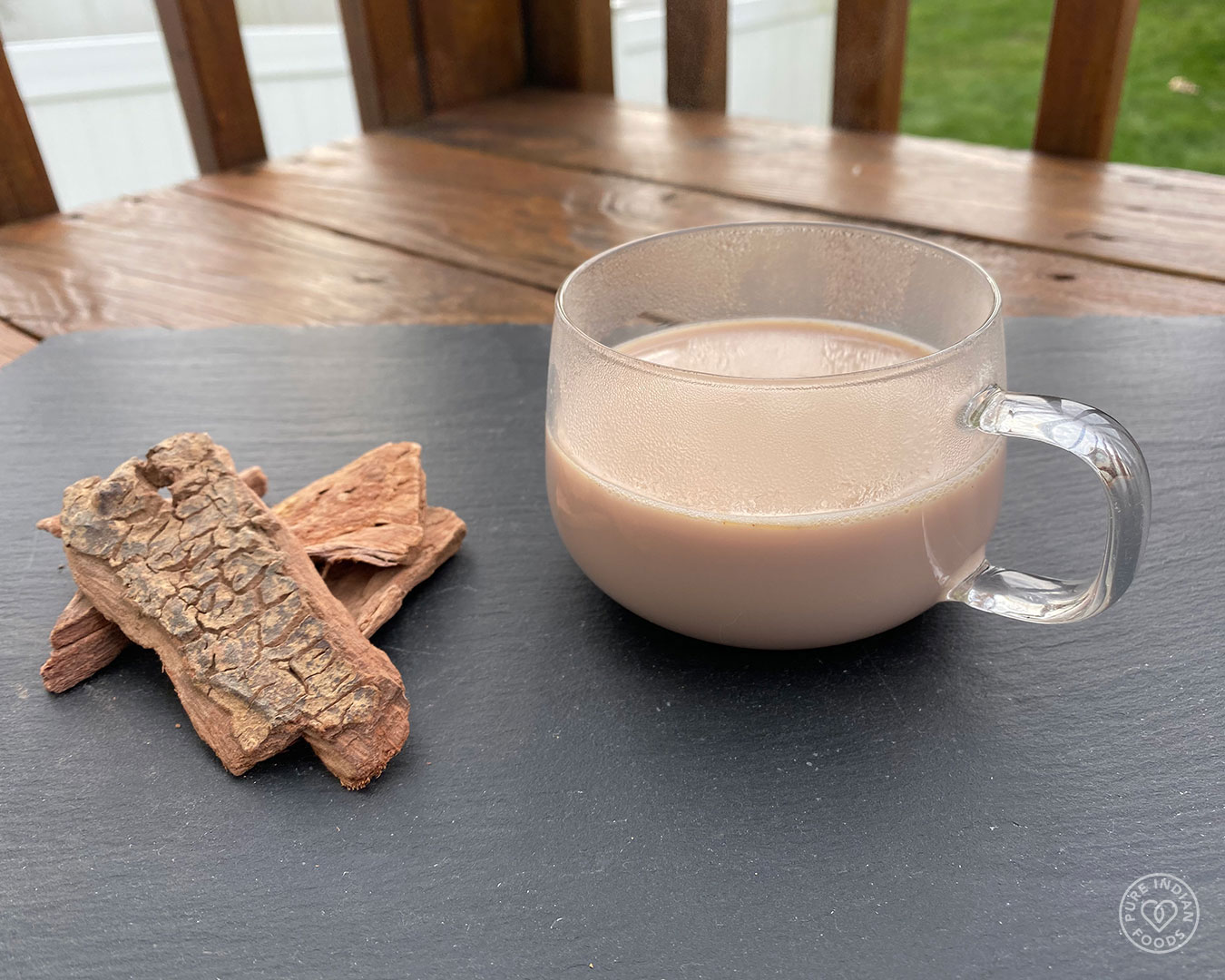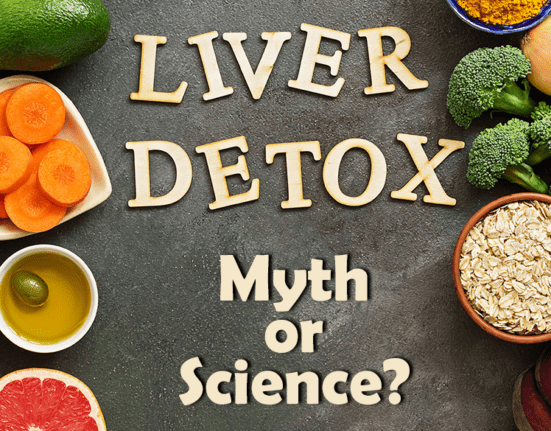High blood pressure/ Hypertension, do take note. If you have the symptoms of high blood pressure, you need to take immediate steps to bring it down. According to the latest figures from the National Family Health Survey, one in eight Indians suffers from high blood pressure. This lifestyle disease is also called a ‘SILENT KILLER’ as its symptoms aren’t obvious till it is too late. Much like other lifestyle diseases, you just need to make a few tweaks to your lifestyle to protect yourself from the disease. It is easily possible to reduce high blood pressure naturally at home with Ayurveda.
Arjuna (Terminalia arjun) is one of Ayurveda’s quintessential herbs for the heart. Along with strengthening and toning the physical muscle of the Heart, this rose-colored tree bark is also known to nourish and bolster the Heart.
Ayurveda teaches us that vibrant heart health is not only a matter of physiology, but depends on the cultivation of mental, emotional, and spiritual health. Herbal allies can offer powerful support in all of these realms, and Arjuna may just be the heart’s herbal hero.
So in this Blog, I’ll be giving you a glimpse into how you can reduce BP, Cholesterol & other Heart-related ailments with this simple remedy called Arjuna Ksheerapaka.
What is Arjuna Ksheerapaka?
Arjuna Ksheera Paka is an Ayurvedic preparation described in Chakradatta & is widely prescribed by Ayurvedic practitioners as a cardiotonic. The name Ksheera Paka is derived from the Sanskrit words ‘ksheeram’ which means ‘milk’ and ‘pakam’ which means ‘to boil’. It consists of Terminalia Arjuna dry bark powder, cow milk and water
Is Arjuna Safe?
Arjuna is generally considered safe in most situations, making it a ready ally for many. That said, it’s always important to approach the use of herbs with care.
Benefits Of Arjuna:
Arjuna is best known as one of the foremost Ayurvedic herbs for supporting all areas of heart health. Here are a few of Arjuna’s remarkable benefits when it comes to promoting cardiovascular wellness:
- Strong heart function and healthy circulation.
- The healthy flow of blood.
- Emotional wellness.
- Balanced lungs.
- Healthy liver and skin.
- Comfortable digestion.
- Healthy reproductive tissues.
Contraindications
Arjuna is not recommended during pregnancy & if you are nursing, taking medications, or have a medical condition, it’s important to first consult with your health care practitioner before you incorporate Arjuna into your daily routine.
RECOMMENDED DOSAGE OF ARJUNA
- 20 ml twice a day Before Food
Preparation:
According to Acharya Charaka and Chakrapani Datta (1:4:4) proportion of drug, milk and water is taken respectively for the preparation of Ksheerapaka and it is reduced till only the milk part remains.
Probable mode of action:
It has been studied that with a gradual increase in the temperature of milk, the solubility of fats and proteins also increases, which may enhance the extraction of the medicinally important active constituents.
Conclusion:
This medicinal plant has been used since the Vedic period. In Ayurvedic literature, the plant is known with synonyms of Arjun, the Hero of the great epic, Mahabharata & it has been mentioned in various classical texts such as Charaka Samhita, Sushruta Samhita & Ashtanga Hridayam. Various clinical evidence of Terminalia arjuna and its effects on the cardiovascular system is also published. Below are a few studies that have researched arjuna’s effects:
- “Revisiting Terminalia Arjuna—an Ancient Cardiovascular Drug.” PubMed Extract. Oct 2014.
- “Characterization of Polyphenols in Terminalia Arjuna Bark Extract.” PubMed Extract. Jul 2012.
- “Effects of Ashwagandha and Arjuna on Physical Performance and Cardiorespiratory Endurance in Healthy Young Adults.” PubMed Extract. Jul 2010.
- “Medicinal Properties of Terminalia Arjuna.” PubMed Extract. Jan 2017.
- “Terminalia Arjuna—a Possible Alternative to Commercial Mouthwashes… An in Vitro Study.” Journal of Dr. NTR University of Health Sciences. Jul 2020.
- “Efficacy and Advancement of Terminalia Arjuna in Indian Herbal Drug Research: A Review.” ResearchGate. Apr 2019.









